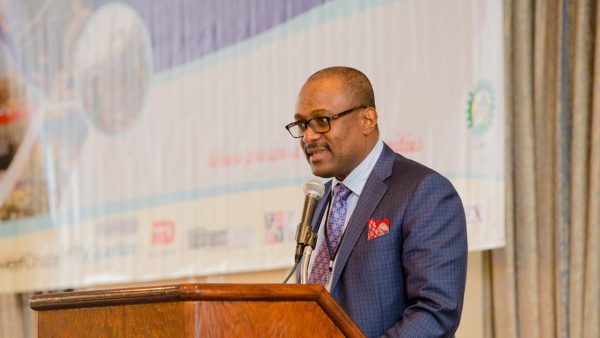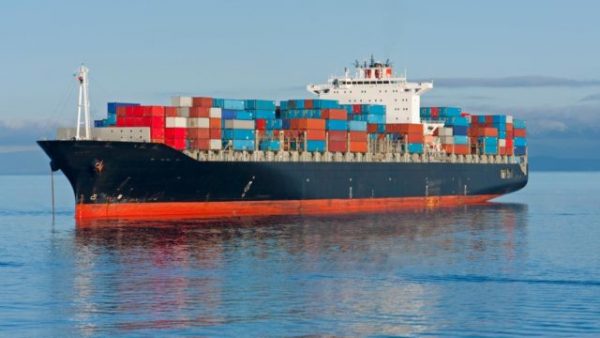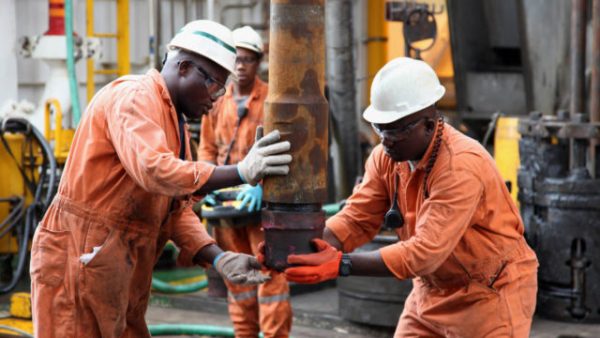
International oil companies have been urged to stop flouting the Nigeria local content law and thwarting maximum utilisation of Nigerian services and assets. The Executive Secretary, Nigerian Content Development and Monitoring Board (NCDMB), Simbi Wabote, gave the assurance that his board and the National Petroleum Investment Management Services (NAPIMS) will continue to ensure Nigerian companies get more projects in the oil industry.
Wabote stated this at the delivery ceremony of the biggest Egina oil-loading terminal at Aveon fabrication yard, Rumuolumeni Port Harcourt, yesterday.
This is coming as there are indications that the Federal Government may in the coming weeks unveil a holistic plan that would clampdown on green house emissions, especially use of firewood and introduce a mechanism or subsidy that would enable the masses use cleaner sources of energy.
The plan, which is a part of the country’s gas master plan and a move towards ending deforestation, is aiming at domesticating natural gas utilization and saving the lives of over 98,000 Nigerian women, who the World Health Organisation (WHO) said die yearly from the use of firewood.
The Executive Secretary, at the occasion which was attended by key-players in the Nigerian oil and gas industry, observed that some multinational oil companies that don’t want to comply with the Nigerian content law and grow local capacity, often seek excuses not to give Nigerian companies projects that could otherwise be done locally.
Wabote said multinational oil companies should encourage local content rather than looking for ways to circumvent the Nigerian Oil and Gas Industry Content Development Act (NOGICD) of 2010. He emphasised that the NCDMB remains committed to ensuring the enforcement of the local content Act. According to him, no major oil and gas projects that are deliberated upon by the federal executive council that are not referred to the NCDMB.
The Executive Secretary who described Aveon fabrication yard as one of the largest in the world, explained that it was regrettable that some multinationals oil companies had sometimes given lack of big fabrication yards as excuse to import fabricated facilities into Nigeria.
With the rate of wood felling for cooking purposes, Nigeria, having the fourth highest deforestation rate in the world may according to the Food and Agriculture Organization continue to lose over 350,000 to 400,000 hectares of land per year while major natural resources are projected to disappear in the next 30 years.
If the plan becomes feasible, the Federal Government will subsidise the price of gas cylinder through production and transportation as well as structure the Liquefied Petroleum Gas (LPG) market in the country to create uniform and affordable price.
With huge gas deposits, estimated at 192 Trillion Cubic Feet (Tcf), which experts said could last for 20 generations, Nigeria ranks the lowest in the per capita usage of LPG in 2015 with 1.1 kilograme consumption rate behind South Africa, Morocco and Ghana.







